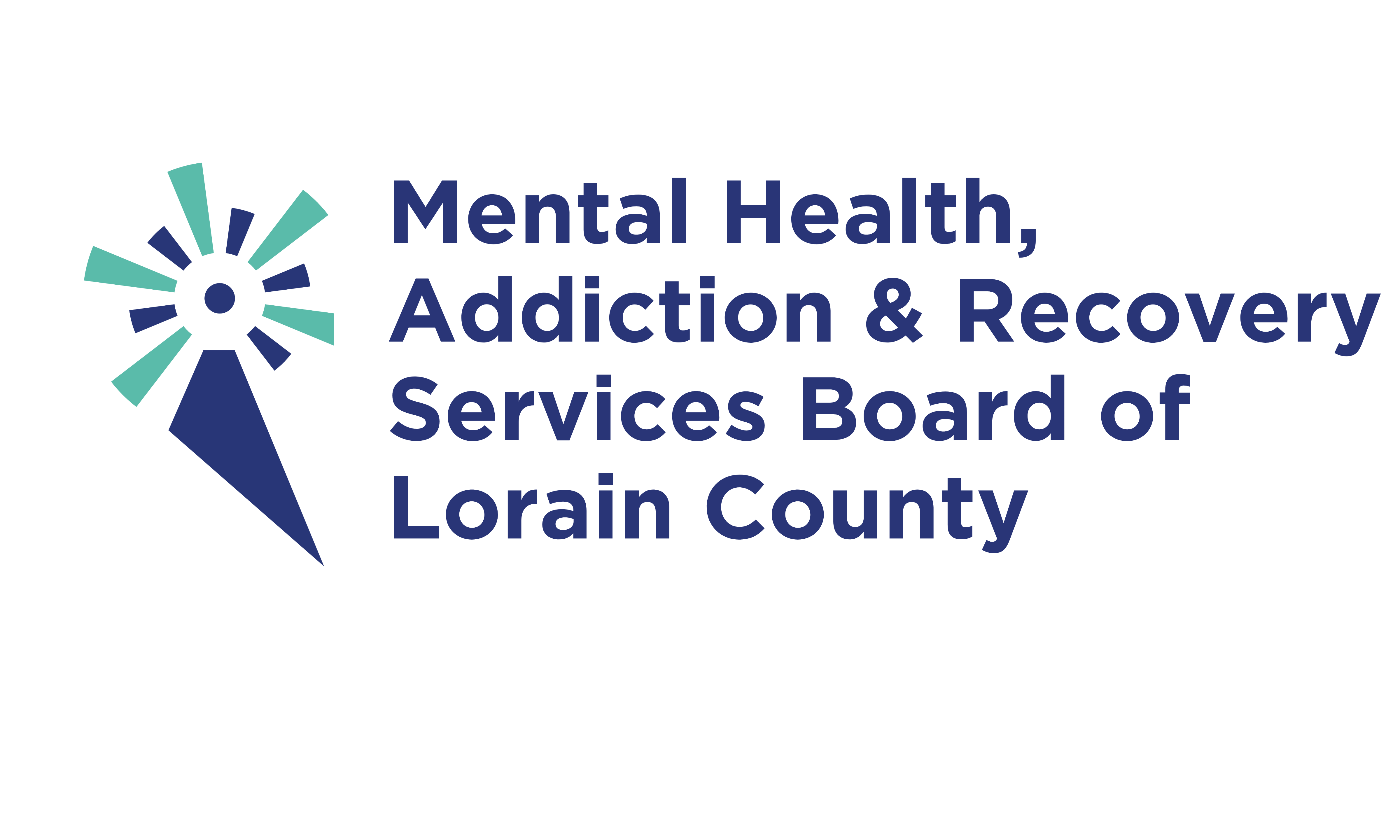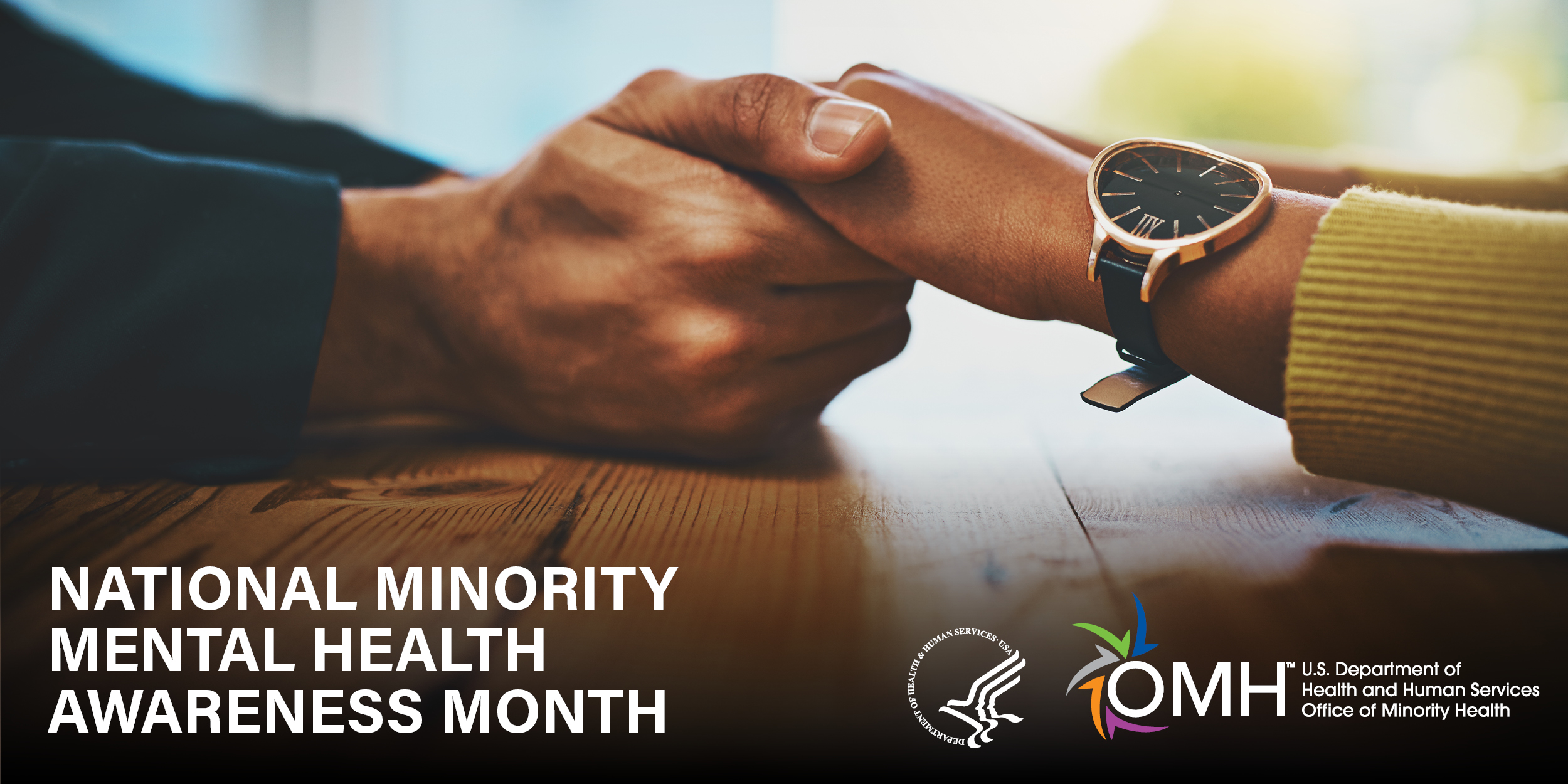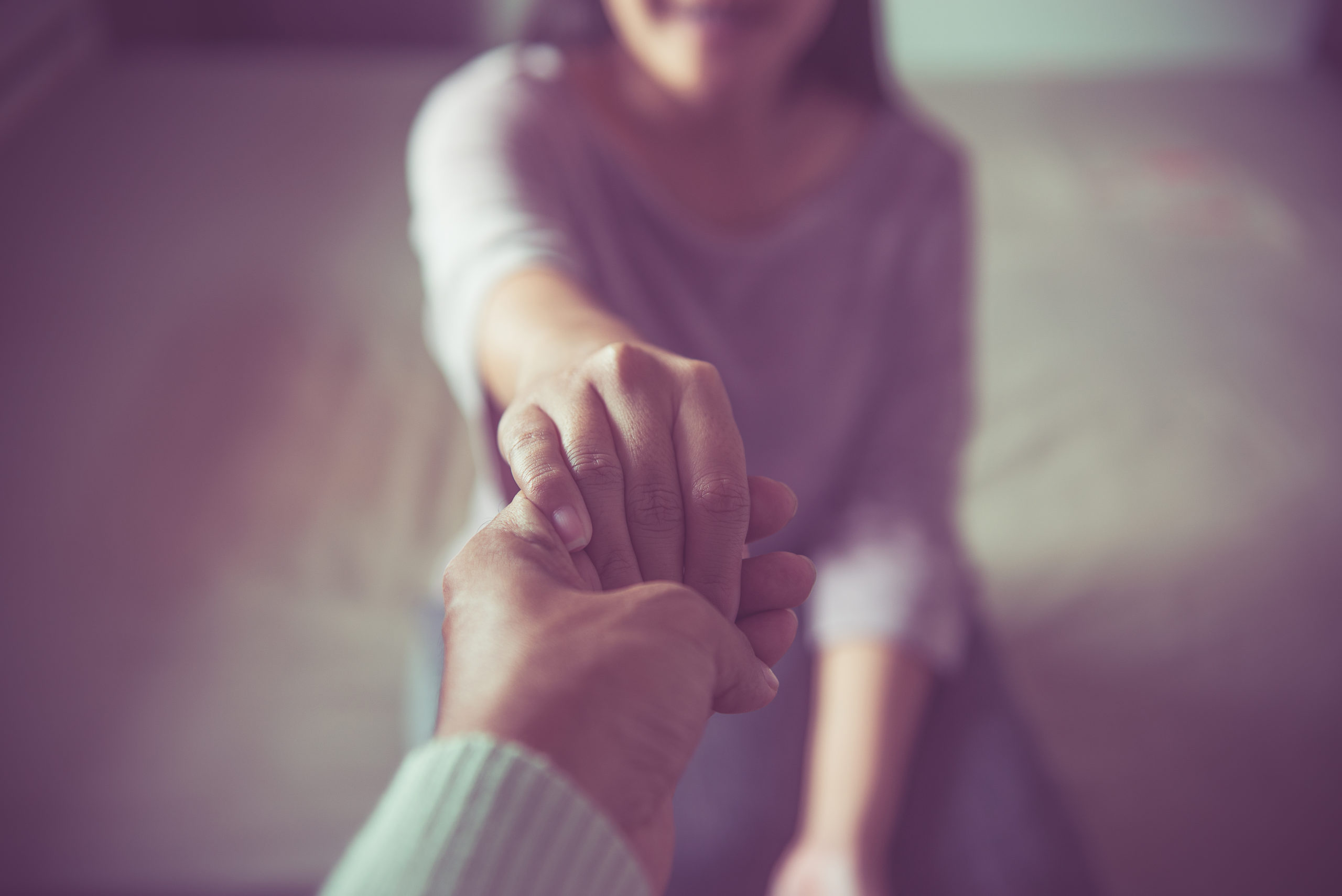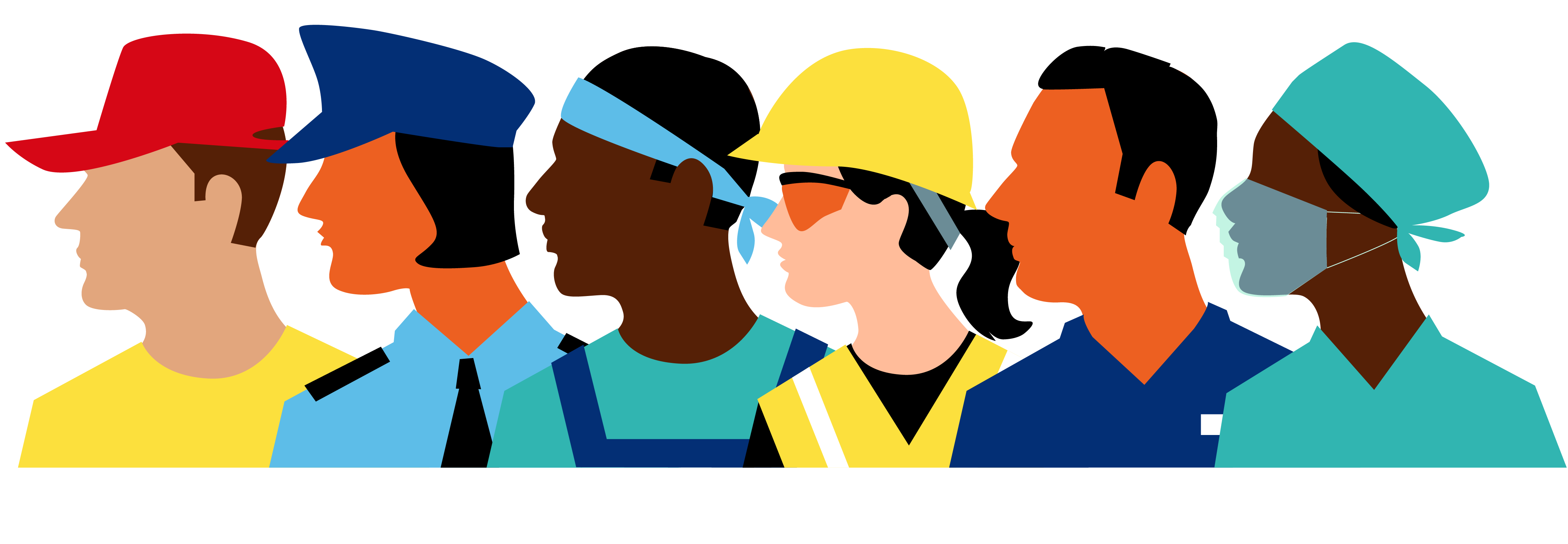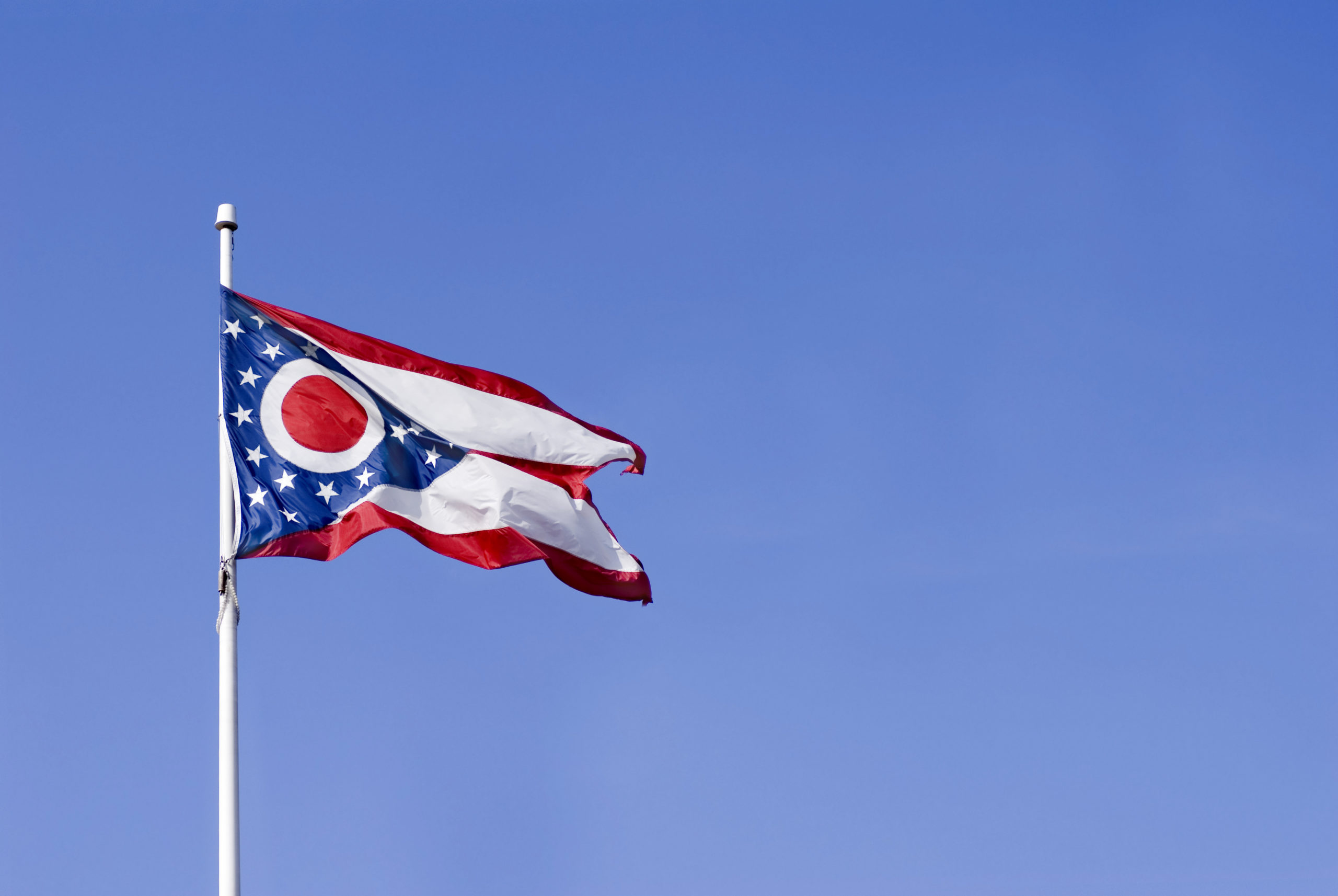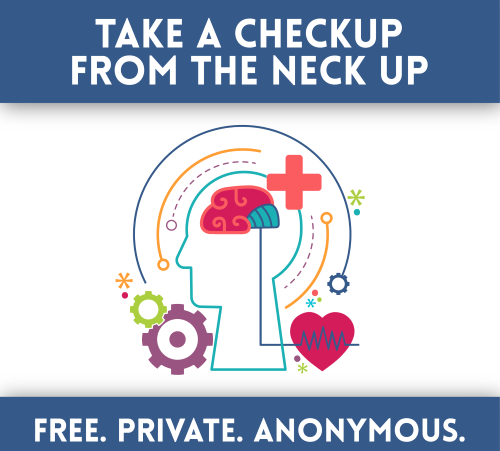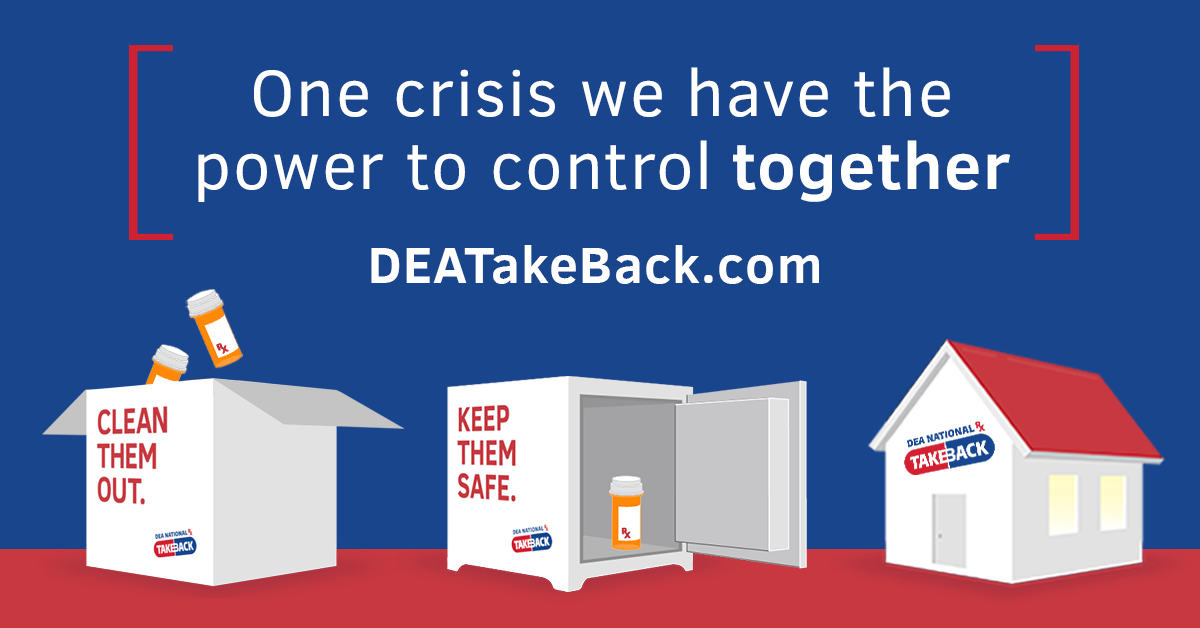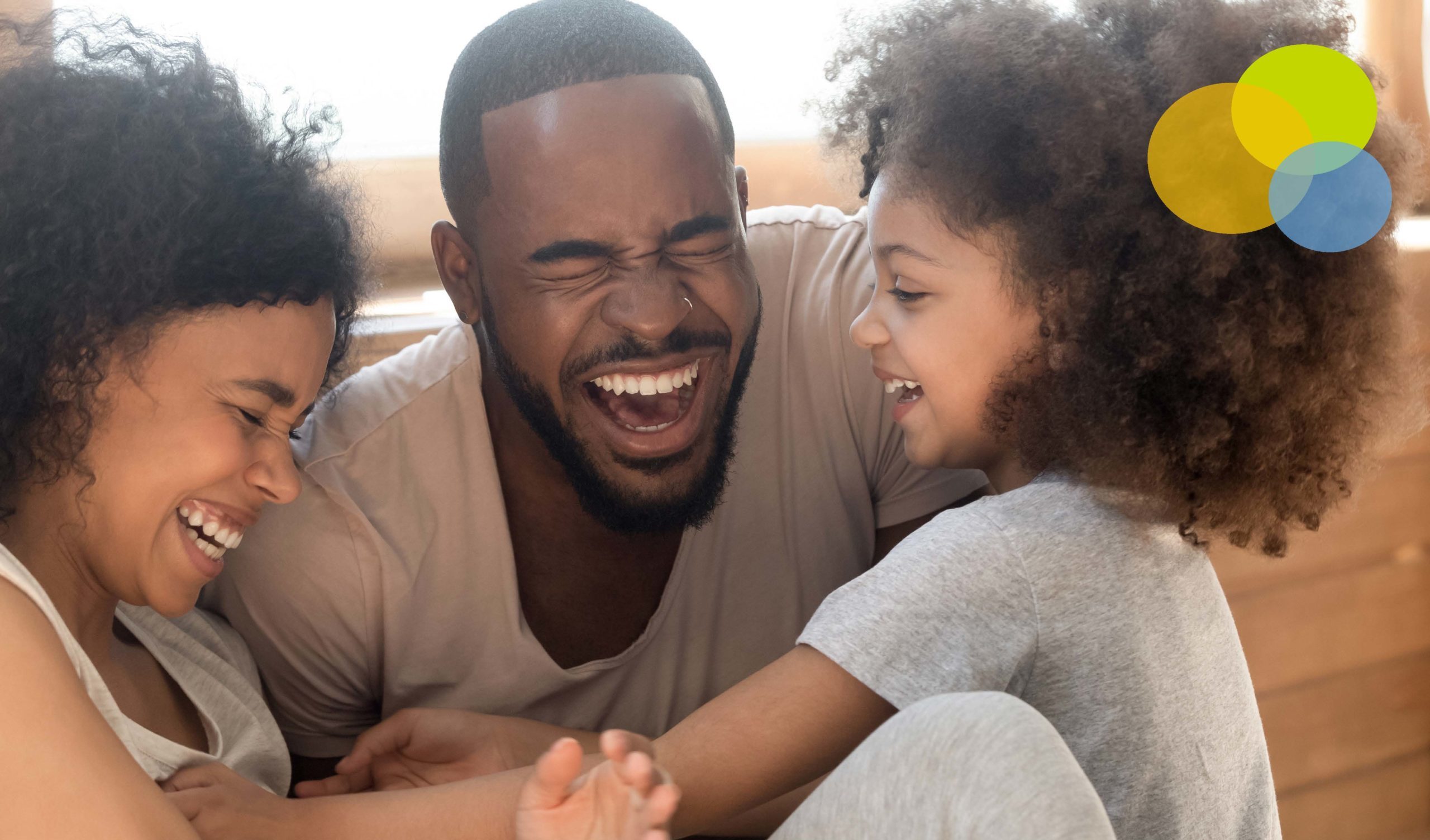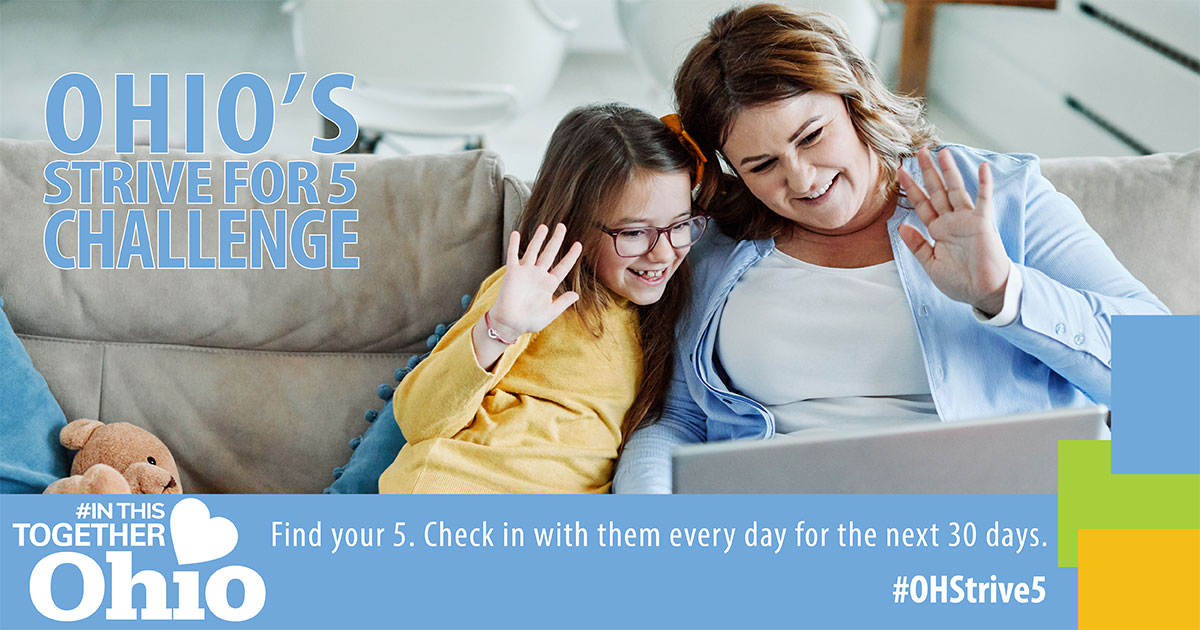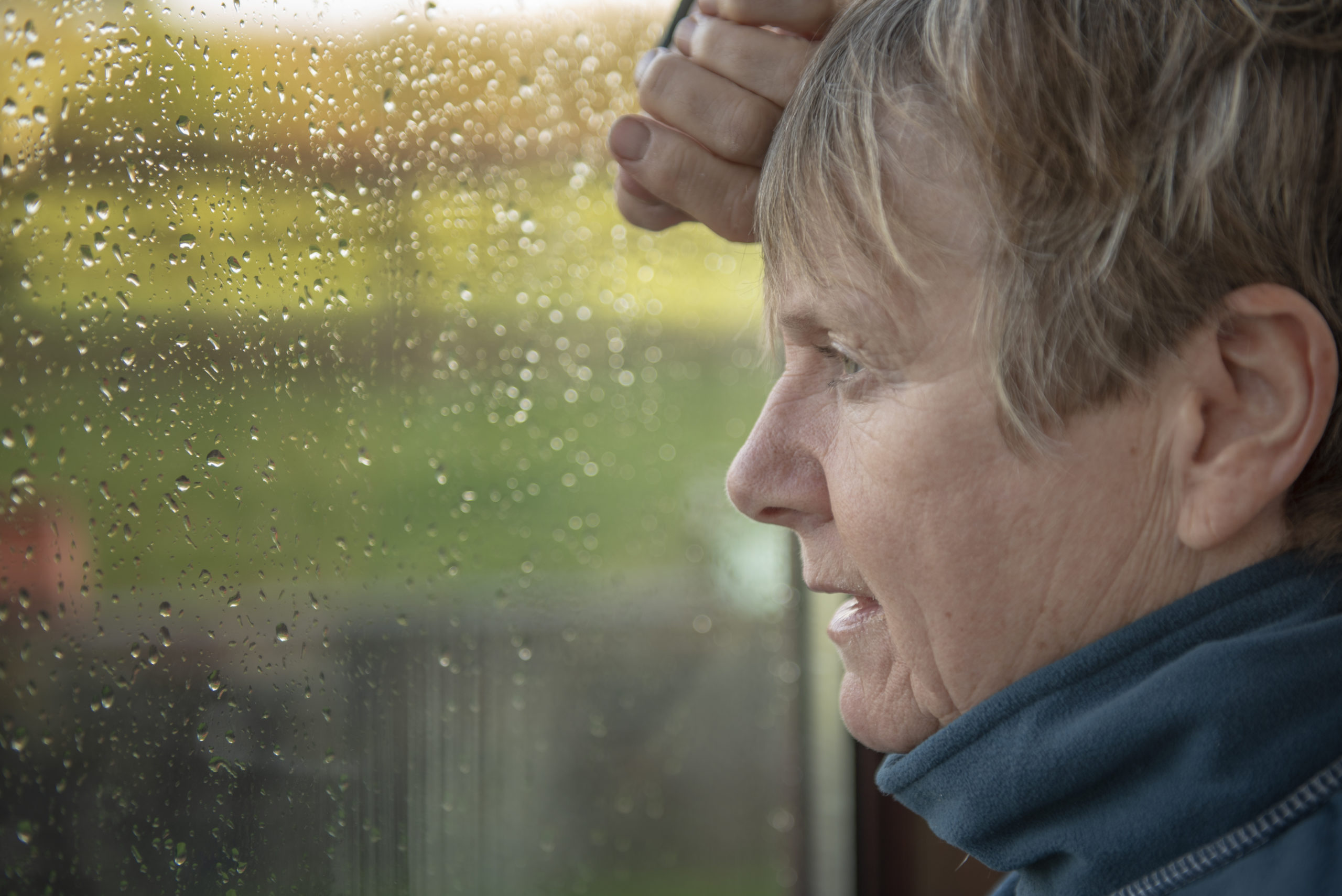| The MHARS Board is celebrating July’s Minority Mental Health Month with new resources, information and learning options. Watch our Facebook page for opportunities throughout the month of July: facebook.com/mharslc. |
|
Ring the Alarm: The Crisis of Black Youth Suicide in America [REPORT] The Urban League and God’s Kngdom in Lorain have joined the MHARS Board’s call to bring awareness to a growing concern: the rising rate of death by suicide among Black youth, particularly boys. We ask everyone to learn about the recent work of the Congressional Black Caucus to bring attention to this issue. Please read and view these resources: Responding to the Alarm: Addressing Black Youth Suicide webinar |
